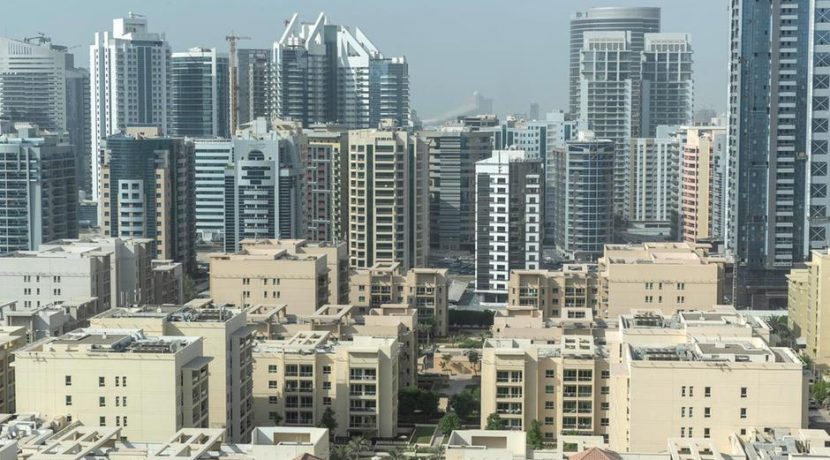Residents across the country are looking to get more value for their money by seeking out properties in less built-up areas
Despite softening real estate prices, property manager Asteco said it is exercising “cautious optimism” as rent-to-own schemes and crowdfunding for properties begin to gain traction in Dubai.
“We believe these developments have the potential to absorb some of the pent-up demand from end users and first-time buyers,”John Stevens, managing director of Asteco, said in a statement Wednesday.
However, rents across all asset classes are expected to come under further pressure this year, and this trend is likely to spill over into early 2019, according to the property management firm.
UAE residential real estate prices continued to slide in the third quarter of 2018, with sale prices in Dubai recording the most pronounced decline of 4 per cent, and apartment rents in Dubai and Abu Dhabi falling 2 per cent and 3 per cent, respectively, according to Asteco.
Neighbourhoods with high volumes of new housing stock getting turned over to buyers and tenants for the first time, both within Dubai as well as across surrounding developments, recorded the sharpest rental rate downturn and the highest rise in tenant turnover.
In Abu Dhabi, apartment sales prices witnessed a marginal decline of 1 per cent over Q3 2018, mainly due to the limited demand for completed units available within the secondary market, translating into a lower number of transactions, Asteco said.
Residents across the country are looking to get more value for their money by seeking out properties in less built-up areas, Mr Stevens said. Another dynamic is also emerging amid increasing affordability, with tenants taking advantage of the sustained rental rate downturn to land a relative bargain and upgrade to larger units with higher quality finishings in more developed areas.
Dubai added 3,850 new apartments and 570 new villas and townhouses in Q3 2018 bringing the total for the year to over 12,000 residences.
To entice more buyers, real estate professionals are calling for lower loan-to-value (LTV) ratios, said Mr Stevens. The LTV ratio is currently set at a maximum of 75 per cent for expatriates buying a property below Dh5 million, but lowering the ratio would reduce the down payment required for first-time home-buyers.
“Although no such changes have been announced at the time of compiling the report, there appears to be a consensus that such a reform would provide a much-needed stimulus to the property market,” Mr Stevens said.
All rights reserved to the initial publisher for The National
Collected and published by Arms &McGregor International Realty® editorial team. Get in touch with us at [email protected]

